Guinea-Bissau
Two former Guinea-Bissau prime ministers advanced on Wednesday to a presidential run-off vote, the electoral commission said, with incumbent Jose Mario Vaz finishing a distant fourth after a tenure marked by infighting and corruption scandals.
Domingos Simoes Pereira finished first with 40% and Umaro Cissoko Embalo came second with 28% in the Nov. 24 first-round poll, commission president Jose Pedro Sambu told reporters, though Embalo later claimed that his own team’s vote count showed it to be a closer fought race.
Because neither passed the 50% required to win the presidency outright, they will face off in a second round on Dec. 29.
Pereira – Frontrunner in December 29 runoff
Pereira was Vaz’s first prime minister before being sacked in 2015, which touched off the current dispute between the president and Pereira’s African Party for the Independence of Guinea and Cape Verde (PAIGC).
“The elections were just, free and transparent,” Pereira, 56, told reporters. “We are satisfied with the results. I salute Umaro Embalo Cissoko, my second round opponent, whom I respect.”
Pereira campaigned as a moderniser whose promise to bolster health and education made him popular with younger voters in Bissau.
Embalo – One-time PM seeking presidency
Embalo, 47, who served as prime minister under Vaz from 2016-18, told a news conference that according to his camp’s count, he received 36% and Pereira 38%.
“I will win the second round and will lead a crusade against drug trafficking and corruption,” he said.
Vaz’ ‘record’ and issues around his fall
Vaz made no public reaction to the results. The 61-year-old president, who has governed the tiny West African country since 2014, only received 12% of the vote.
Critics say that even though Vaz is the first president since independence from Portugal in 1974 to last a full term, he failed to control corruption or the flow of drugs through forested islands off the coast.
Bissau has intercepted over 2.5 tonnes of cocaine this year believed en route from South America to Europe.
In the run-up to the vote, Vaz fired Prime Minister Aristides Gomes on Oct. 29 and appointed a successor. But Gomes refused to step down and Vaz finally backed down under international pressure.
The political instability has hurt the economy, which depends heavily on volatile prices for cashew nuts, the main income source for over two-thirds of households.
REUTERS




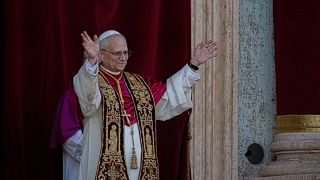
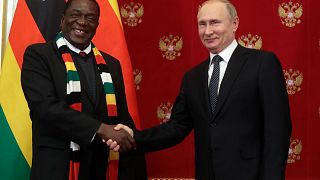
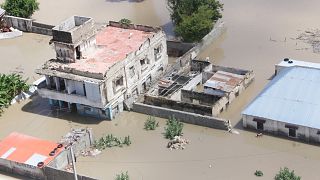
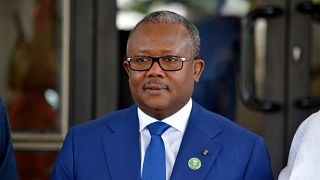

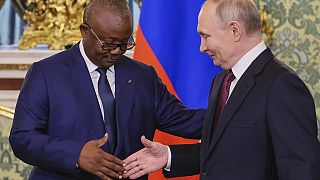

01:34
Nguema takes power in Gabon
Go to video
Political upheaval Is redrawing Africa’s fiscal landscape
01:09
NGOs sue Spain for ignoring illegal fishing threat to African coasts
01:01
Chimpanzees caught on camera sharing boozy fruit in Guinea-Bissau
01:59
‘Rassemblement des Bâtisseurs’ gains support ahead of Gabon election
01:13
Niger's junta, Abdourahamane Tchiani sworn in as transitional president for a period of five years